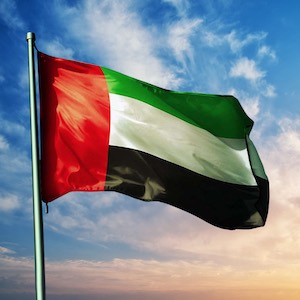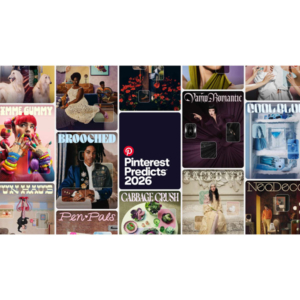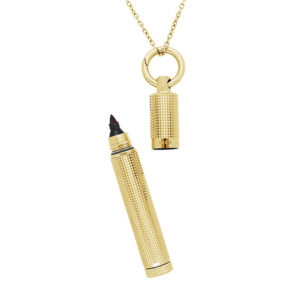
The United Arab Emirates (UAE) has been placed on the Financial Action Task Force’s (FATF) gray list, and experts say gold and diamond deals with Dubai companies may now face greater scrutiny.
Countries placed on the FATF gray list are subject to “increased monitoring” and must “address strategic deficiencies in their regimes to counter money laundering, terrorist financing, and proliferation financing,” said FATF, the international anti-money-laundering group established by G7 countries in 1989.
While it’s common for smaller countries to get gray-listed—the current roster includes Haiti, Mali, and Senegal (diamond producer Botswana was just taken off of it)—applying the designation to a major financial center is unprecedented, and has been called “the most significant step” in FATF’s 30-year history.
In the past, Dubai officials have angrily denied reports that lax controls have made it a haven for murky money and smuggled gold—calling them “lies” and “nationally targeted insults.”
However, following FATF’s action, the UAE government’s official statement was conciliatory, leading with FATF’s comment that it’s made “significant progress.”
“The UAE takes its role in protecting the integrity of the global financial system extremely seriously and will work closely with the FATF to quickly remedy the areas of improvement identified,” it said.
Locals say they have noticed increased compliance efforts recently while admitting there’s room for improvement.
Industry observers don’t expect this to have a major effect on the trade, at least not immediately, though it could lead to increased skittishness about doing business in Dubai. The Dubai Multi Commodities Centre (DMCC) recently proclaimed Dubai the “top trading center for rough diamonds,” overtaking Antwerp, Belgium.
Sara Yood, deputy general counsel for the Jewelers Vigilance Committee (JVC), says, “If your business partner is located in a country on the FATF watch list, you will need to take greater anti–money laundering precautions. And certainly, banks’ compliance departments will be more curious about transactions between U.S. companies and the UAE, since UAE transactions are now considered a higher risk level.
“I am not sure there will be a significant change in how the jewelry industry deals with UAE,” she adds. “Long term, it could have an effect if the UAE does not correct their deficiencies.”
Erik Jens, CEO and founder of Luxury Fintech and the former head of ABN-Amro’s diamond division, says a lot depends on how Dubai acts going forward.
“For companies who take ESG [environmental, social, and corporate governance] seriously it will create even more awareness about what they’re doing, and whether they’re doing the right thing,” he says. “If the issue isn’t resolved, it will have consequences for Dubai. They will no doubt have to step up by engaging with FATF to keep its position in the international diamond and jewelry chain.”
Still, he worries that FATF’s move may not solve the larger problem of illicit financing: “It could push companies who don’t pay attention to CSR [corporate social responsibility] and ESG standards to move elsewhere in order to escape from those pressures.”
A former U.S. Treasury official tells JCK that the FATF designation means that any deals with Dubai companies will call for “increased due diligence, especially if they involve gold or diamonds, which have been linked to corruption and conflict.
“Companies should have already been asking questions,” the official adds. “[The FATF designation] is formal intergovernmental guidance that they now definitely need to ask them.”
(Photo courtesy of Emirates News Agency)
- Subscribe to the JCK News Daily
- Subscribe to the JCK Special Report
- Follow JCK on Instagram: @jckmagazine
- Follow JCK on X: @jckmagazine
- Follow JCK on Facebook: @jckmagazine







